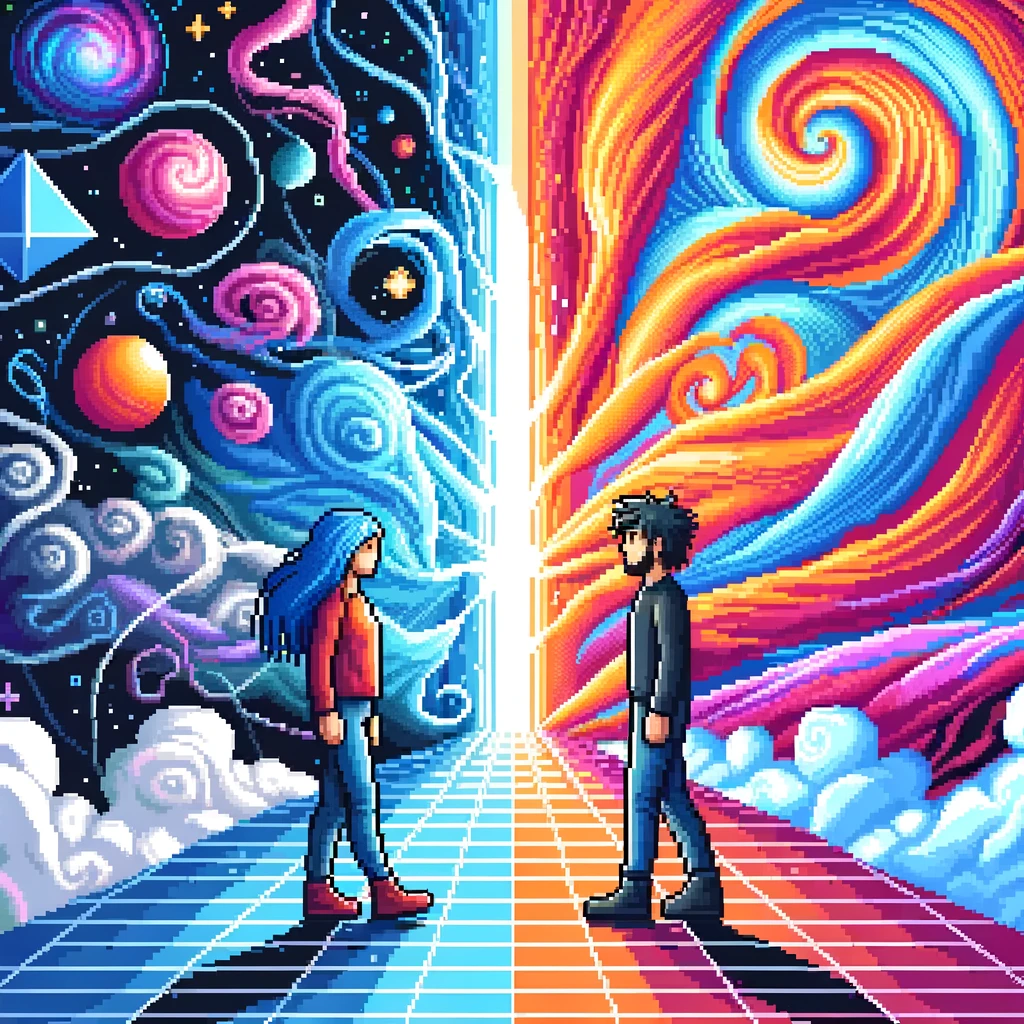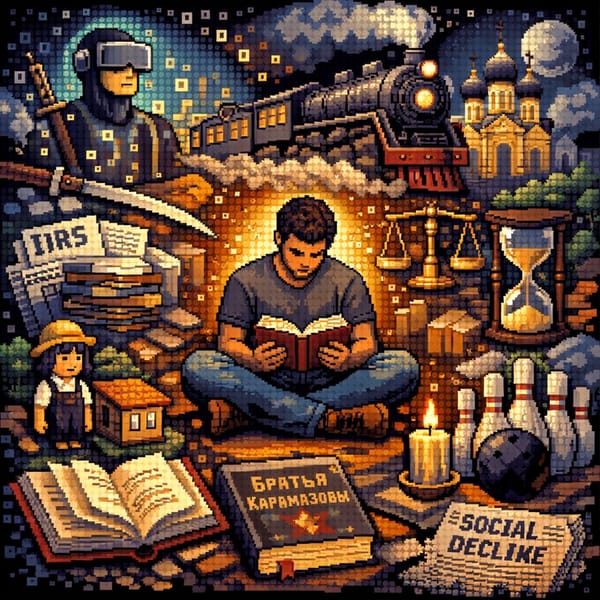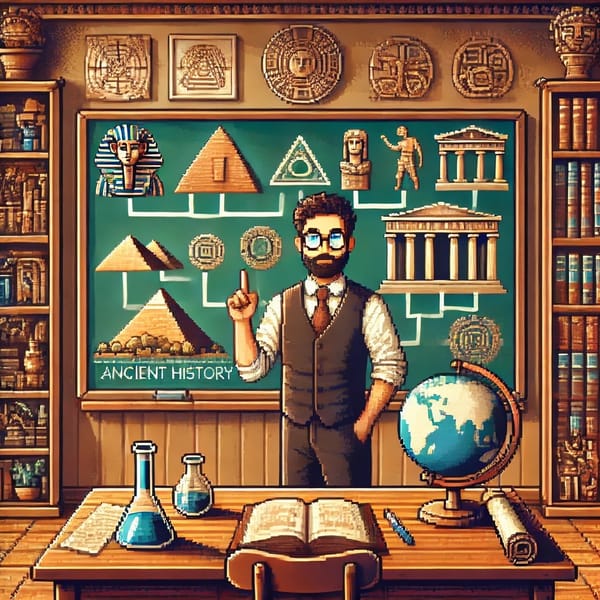The Erosion of Shared Context

When reading Stephen Wolfram's article about AI I referenced a couple of weeks back, it stuck with me his assessment that these models can take your bullet points and work them into a shared context. That completely sums up communication and is what I am doing now, taking ideas in my mind and using shared language and understanding to communicate them to you.
One thing that motivated me to start writing was the lack of shared context with those around me. I was constantly reading new things, but no one around me was reading similar things, so I had no one to discuss my ideas with.
This got me wondering. Why don’t I share idea space with the people around me when I share so much physically in common with them? The physical shared context is eroding.
Shared Context
What makes up our shared context?
- Physical: Classic small talk subjects. How do you know the host? Bad traffic on the way here, huh? What about this weather? Beautiful.
- Digital: Maybe you hang on Paul Graham's every word or have been lurking on the Less Wrong forums for years.
- Cultural Touchstones: Things many people do that aren't subject to traditional limitations. Celebrating Christmas or watching the Super Bowl.
There are different levels of shared context. Maybe you work in the same office, grew up in the same town, have the same hobbies, or are siblings.
How Has It Changed
The internet changed the game. You are no longer limited to slots on a TV station to fit shows into or trying to get your article published in the local paper. When there are limited slots, everything has to be for the masses. This leads to people consuming much of the same media.
Today, it is more about creating your niche or finding 1,000 true fans. You can write about a combination of random things that lean into your personality and find people like you online. There is content that is an excellent fit for everyone’s personality and interests[1] at the expense of being unlikely they are physically close to others who are interested[2].
This simultaneously can make people feel more and less alone. You can see others like you, but it becomes harder to relate to those immediately around you as everyone sinks more into their customized content streams.
If we keep down this path, how will we relate to those around us, or will the digital world become more critical to finding community?
- The idea of fitting better into the curves of reality is accurate in a lot of ways:
- Einstein’s physics evolved from Newton's errors, getting us closer to the curves of reality.
- Video games unlocked microtransactions during this last cycle to better capitalize on the good economic times even though it exposed them to more downside during the bad times.
- Cloud computing shifts the risk of IT infrastructure capital costs away from small businesses (like a derivative trading a variable rate for a fixed rate).
We are getting better at fitting the curve to maximize the economics or get closer to reality.
- For example, I regularly read articles from Hacker News, Daring Fireball, Stratechery, LibertyRPF, Paul Graham, and Farnam Street. These aren't particularly unique sites, but I doubt I know anyone who consistently reads half of them, much less all.



